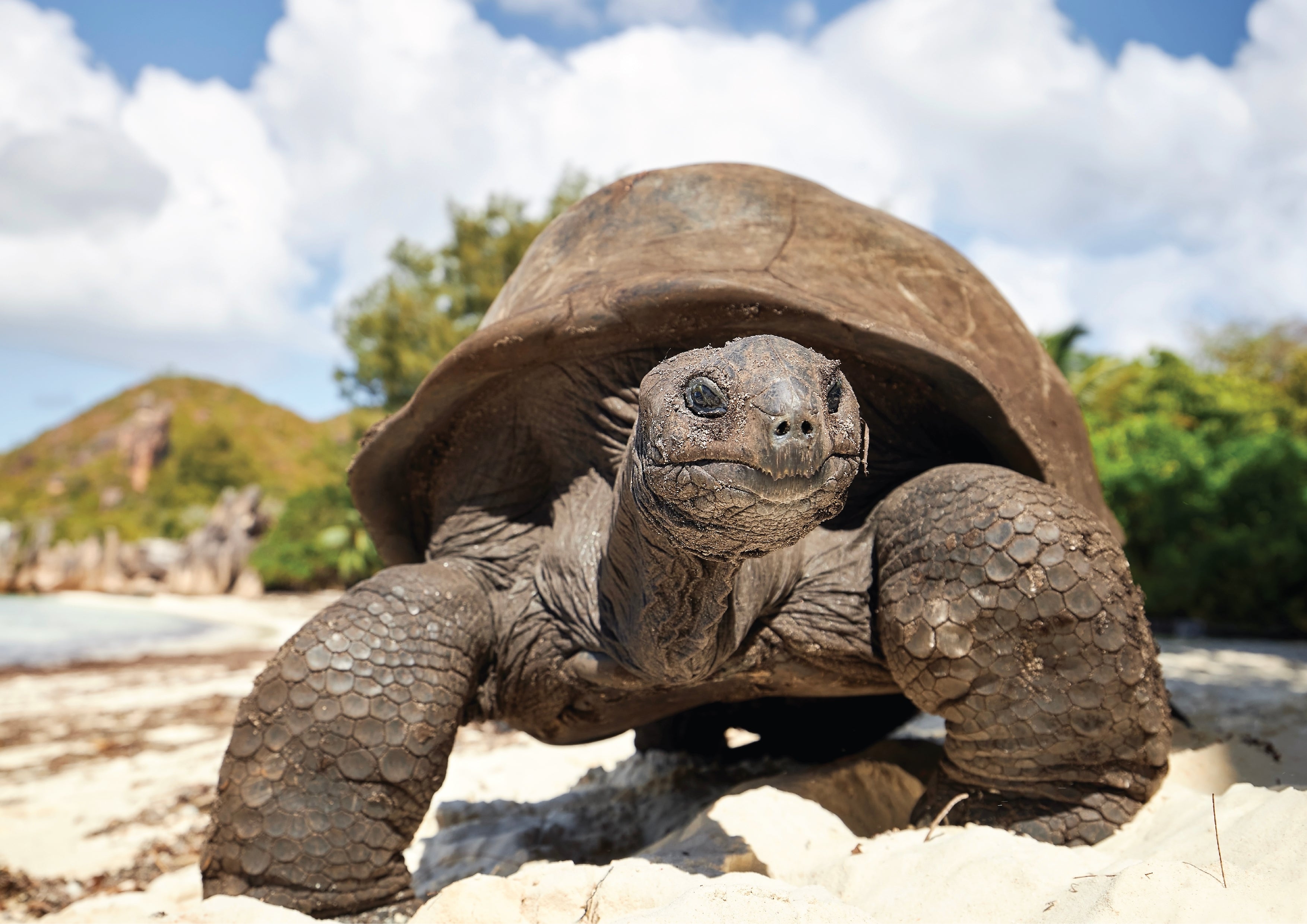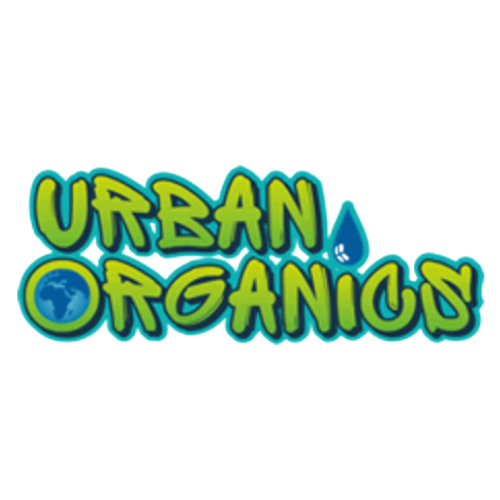FAQ
Q: What happens if power is accidentally switched off, pump breaks or load shedding occurs?
A: Our Tubes are designed with built in reservoir to ensure your plants still get nutrient water during any outage
Q: How often do I need to add nutrients?
A: We recommend once a week but this can vary depending on type of crop and the growth cycle they are in. We have found the plants to be very forgiving and tend to rather do less than too much.
Q: What nutrients do I need to use?
A: All our systems com with a starter pack of Nutrients that we recommend but you are welcome to use your own. Typically, we use Calcium Nitrate and Hydro flow. Potassium Sulphate can also be added during the fruiting/blooming stages.
Q: Is the pH of the water important?
A: pH is important and can be controlled with pH up and pH down, most cities potable water is ideal but best to check, especially when using borehole, rain and grey water.
Q: Can I mix my crop in the same system?
A: A purist would recommend the same crop per system, especially if growing for a large commercial market. Our experience has shown that we can grow a very wide range of crops happily side by side in the same system with the same nutrients.
Q: How much sunlight is required on a daily basis?
A: Ideally 3 to 6 hours, once again crop specific, however we have run extensive tests growing in zero direct sunlight as well as full North facing 8 to 10 hours of direct sunlight. Both worked fine.
Q: Can I grow indoors under lights?
A: Absolutely you can and this is done in many parts of the World, our electricity is however not cheap and one must weigh up the cost of power vs. crop value. 95% of all crops grown in South Africa hydroponically is with natural light. Mainly Microgreens and the cannabis market use lights.
Q: Do I need to use pesticides?
A: It is not recommended and one of the principles of domestic hydroponic farming is that we know what we are putting in and on our edibles. If contamination occurs, a few of our clients use a non-toxic plant-based Neem Oil spray to manage pests.
Q: Can I run on a timer to save power?
A: Yes indeed, many of our clients do have timers, we however recommend that they run 24/7 but it’s a personal choice. The pumps are very power efficient and hence low running costs.
Q: What does LECA stand for?
A: Light Expanded Clay Aggregate
Q: Is the LECA reusable?
A: Yes, the LECA is 100% reusable, can be washed off in warm water with a small amount of sterilizer or hydrogen peroxide if algae is present. Rinse well before reusing. It is a consumable as you will experience spillage and crushing over time.
Q: What is the purpose of the LECA?
A: An inert medium used to stabilise the seedlings when planted, they are hydroscopic and offer no nutritional value to the system.
Q: Can I use Rockwool?
A: Rockwool is quite popular for those propagating from seed, once the seedling is big enough it can be put into the net pot without or less LECA.
Q: What is the dosage of nutrients required?
A: Usually 1g of Hydroflow per 1 litre and 0.75g Calcium per litre in the system. Important to take into account the water in tank as well as the water in the Grow tubes.
Q: How much faster does it grow in the system vs. in soil?
A: On average hydroponics is about 30% faster than soil based, having said that, we have experienced up to 200% quicker and bigger growth than soil-based methods.
Q: How much water will it consume?
A: Dependent on the size of your system and tank and the stage of growth
Q: How much water does the average lettuce require until harvest in hydroponics vs. soil based growing?
A: From seedling to harvest, a lettuce will consume about 1L of water hydroponically and47L in conventional soil-based methods.
Q: Does the water circulate in the system?
A: Yes, the pump delivers the nutrient rich water to the highest point of the system and gravity returns it back to the tank.
Q: How much water circulates in the system per hour?
A: Depending on the system, the average flowrate is between 800 and 1500L per hour.
Q: How much electrical power does it consume?
A: We use various pumps ranging from 21Watts to 300Watts on the bigger systems. To calculate cost, one needs to plug your electrical tariff rate into a set formula. As an indication a Chard will use about R 40 per month running 24/7
Q: Can I run my system on solar power?
A: The pumps are 220v but can be run using solar via an inverter. Many of our clients do in conjunction with other appliances on site.
Q: Can I use rainwater?
A: Rainwater is a good option for hydroponics and used extensively when harvested from roof tops.
Q: Can I use borehole water?
A: Borehole water is often used provided the saline and iron content is not too high, best to have the water tested and determine the EC and pH of the borehole.
Q: Can I use grey water?
A: Certain grey water can be used but any water with soap should be avoided, due to the fact that hydroponics uses so little, its best to use the grey water on lawns and flower beds and opt for Potable water.
Q: How often must I flush the system?
A: Ideally once every 3 months to clean out and sand, dust and root debris and to ensure salts don’t build up in system. If system is well managed this can be pushed out to past 6 months.
Q: Can I remove the endcaps for cleaning?
A: Our end caps are unique and can be removed and re-installed without leaks or the use of any adhesives.
Q: Is silicon used in the construction to seal the endcaps?
A: No Silicon is used on any part of our systems.
Q: Are the Grow tubes food grade certified?
A: We source only virgin plastic for the Grow Tubes from Sasol to ensure our extrusions are Certified Food Grade.
Q: Can I add nutrients at the same time?
A: Nutrients should be dissolved in warm water and added separately in no particular order but never mixed at the same time, this will result in a chalky white residue build up in the tank and net pots.
Q: Can I plant seeds in the net pots?
A: It is not recommended as it could wash the seeds into the tank and cause blockages in the pump, it has however been done successfully a number of times.
Q: How do I wash soil off the roots of seedlings?
A: This is a very important stage of the planting, soil should be massaged off the root system and rinsed in clean water, the cleaner the initial planting the less maintenance is required.
Q: Can I move the plants during growing?
A: We strongly encourage the moving of plants to best suit the growth stages and size of each plant.
Q: How do I deal with excessive root growth?
A: Most plants with their roots planted in nutrient rich water don’t require an expanded root system, it is common practice to trim off roots in excess of 150mm long.
Q: Can I use Kelp nutrient?
A: A number of nutrients can be successfully used in our systems, including Kelp as an organic option.
Q: Can I use Worm Tea as nutrient?
A: Worm Tea is also a popular nutrient amount those wanting a natural organic option.
Q: Are the systems patented?
A: Hydroponics per se cannot be patented, we do however have design and functionality registrations approved on the systems.
Q: Does Urban Organics export outside of South Africa?
A: Urban Organics is in possession of both Import and Export permits and can thus sell anywhere around the Globe, such Exports are Vat free.
Q: Is Urban Organics Proudly South African?
A: Urban Organics prides itself on been Proudly South African, made in Africa by Africans, for Africans. Our local content is in excess of 90%
Q: Who is the founder and owners of Urban Organics?
A: Urban Organics was founded by Jeff Cullis and is owned by holding Company Proshopper CC.
Q: Does Urban Organics have branches around the Country?
A: Urban Organics has a single branch in Maitland, Cape Town which is the factory and showroom, the injection moulding and engineering work is produced offsite in suitable facilities. There are however a number of distributors and Agents around the Country and in neighbouring Countries.
Q: Can I become an Agent or Distributor?
A: We have application forms on our website for any potential Agents or Distributors, we welcome any enquiries to increase our footprint and take our technology to market.
Q: Can I purchase a Mobile Trailer Shop and source discounted stock from Urban Organics?
A: The Mobile Trailers are a new addition and the first one is currently in build, we welcome enquiries from every city around the Country to purchase one and trade at events and markets.
Q: Who builds and fits out the trailers?
A: Urban Organs has designed and commissioned a professional trailer maker to produce a lightweight, high volume expo trailer that opens to showcase the amazing range of systems.
Q: Can I have a custom system built?
A: We have built a number of bespoke systems for many clients and are happy to discuss special projects.
Q: Do Urban Organics offer a rental system?
A: We have had enquiries in this regard and are happy to engage where applicable.
Q: Will Urban Organs deliver, set up and train my staff?
A: Urban Organics will do all of the above where it is possible, there is a fee for such service.
Q: Will Urban Organics work with Charities, Schools and NGO's?
A: We have had a strong working relationship with Charities, Schools and NGO’s and are happy to work with both Benefactor/Sponsor and Beneficiary/ Recipient.
Q: What is the lifespan of a system?
A: Established in 2017 and have not had a single system pass its working life, Other than the pump, all other components are have a long service lifespan.
Q: Did Urban Organics win the Small Business of the Year competition in 2017?
A: Yes, indeed we did, we were all very proud for the achievement and the others that followed.
Q: Will Urban Organics do presentations and talks to possible sponsors?
A: We are happy to engage with any potential Sponsor.
Q: Is Urban Organics registered for VAT?
A: Yes, we are registered for all local purchases, export is exempt.
Q: Is the drained waste water toxic to my plants?
A: The drained waste can be put on lawns and soil-based plants with no negative effect.
Q: Is the water toxic to children and animals?
A: As a rule of thumb, any nutrient should be clearly marked non potable, having said that, the nutrient is in no way toxic in water but should be kept away from children and pets in concentrated form.
A: What % of the systems are locally sourced?
Q: We are proud to have well over 90% of the content locally sourced.
Q: Do I require a 220v power source?
A: Our pumps are AC and rated 220v, some clients run them on solar via an inverter.
Q: Are spares available separately if needed?
A: Every part is replaceable, and stock is on hand when the need arises.
Q: Can I build my own system using Urban Organics components?
A: We sell all components for clients to do a bespoke build, naturally our systems can’t be copied as we have design registrations on the systems.



